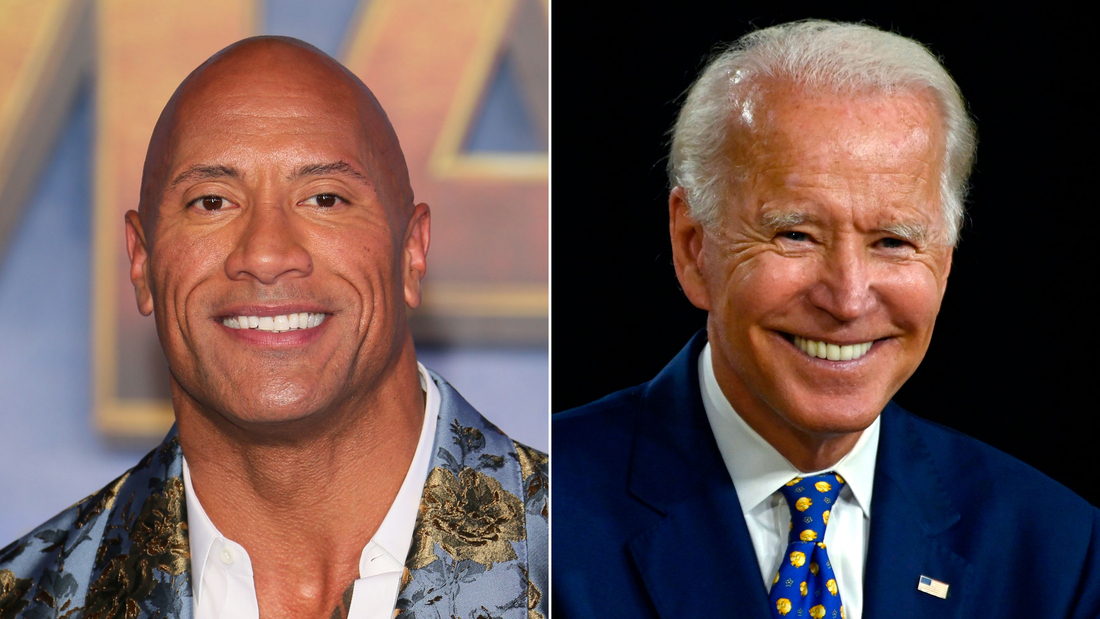 Image copyright
Getty Images
Image caption
Johnny Depp was pictured arriving at the High Court in London on Tuesday morning
Image copyright
Getty Images
Image caption
Johnny Depp was pictured arriving at the High Court in London on Tuesday morning
Johnny Depp's defamation case over newspaper claims that he abused his ex-wife Amber Heard has begun.
Mr Depp is suing The Sun's publisher News Group Newspapers (NGN) and executive editor Dan Wootton over an April 2018 article that referred to him as a "wife beater".
Mr Depp has strenuously denied that he was violent towards Ms Heard.
Both Mr Depp and Ms Heard were seen arriving at the High Court in London on Tuesday morning.
They each wore a face covering, amid the current coronavirus pandemic.
Image copyright AFP Image caption Amber Heard wore a face covering as she turned up at the High CourtNGN previously tried to have the case thrown out, but Mr Justice Nicol ruled last week the case could go ahead.
The Sun's original article related to allegations made by the actress, who was married to the Pirates of the Caribbean star from 2015 to 2017.
Witnesses including Mr Depp's former partners Vanessa Paradis and Winona Ryder are expected to give evidence via video link, and the trial is expected to last for three weeks.
A defamation action is a civil law claim and can be brought if someone publishes to other people a statement about you which has either caused your reputation serious harm or is likely to cause it serious harm.
There are four possible defences to defamation. Firstly, that the statement about you is true. Secondly, that it was not a statement of fact but an honest opinion. Thirdly, that publication was justified because it was on a matter of public interest, and finally that it was protected by "privilege".
However, defamation actions work differently from many civil actions such as breach of contract, where the burden of proving the "wrong" lies with the person bringing the claim. In defamation, that person has to show that the statement about them has a defamatory meaning - ie that it lowers them in the minds of right-thinking members of society.
"Meaning" is now decided by a judge at an early, pre-trial stage. Many cases settle after the judge has ruled on meaning, but if a claim does go to trial, the burden then lies with the publisher to prove, for example, that the statement was substantially true. This is when the gloves come off and personal reputations and behaviour come under intense scrutiny.
In preliminary proceedings last month, Mr Justice Nicol ruled that Mr Depp had breached a court order by not providing text messages relating to his alleged drug use.
NGN's lawyers argued that the texts, sent in 2015, demonstrated Mr Depp was trying to get hold of drugs while staying in Australia with Ms Heard, during which time an incident of domestic abuse is alleged to have occurred.
His barrister had said the messages were not relevant because they did not relate to the allegations of domestic violence that The Sun made reference to in an article headlined "Gone Potty - How can JK Rowling be 'genuinely happy' casting wife beater Johnny Depp in the new Fantastic Beasts film?"
The judge said he would grant Mr Depp "relief from sanctions" over the breach of the order.
But Mr Justice Nicol said his decision was conditional on Mr Depp agreeing not to seek sanctions against Ms Heard for allegedly breaching another court order, made during separate libel proceedings in the US, by providing The Sun's legal team with evidence.
Mr Depp, 57, has been Oscar and Bafta-nominated and won a Golden Globe in 2008 for Sweeney Todd: The Demon Barber of Fleet Street. He married the Aquaman and The Danish Girl actress, now 34, in February 2015, but she filed for divorce after 15 months.
Follow us on Facebook, or on Twitter @BBCNewsEnts. If you have a story suggestion email us at entertainment.news@bbc.co.uk.

 5 years ago
726
5 years ago
726 

